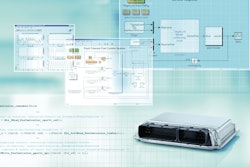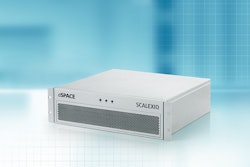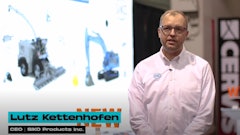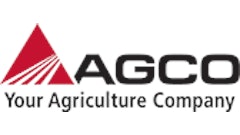
With SYNECT 2.0, dSPACE has recently introduced a new version of its data management software for model-based development and ECU testing. With state-of-the-art server technology and further improved usability, SYNECT now supports developers of embedded systems and software even better in the management of data generated during their development and test processes.
Improved Integration in IT Infrastructures and Processes
The new server technology used with SYNECT 2.0 offers improved scalability for working in large and globally distributed teams and for working with high amounts of data. The application programming interface (API) is now available on both the client and the server side. Overall, SYNECT’s automation options have been extended, and individual workflows are easier to modify.
SYNECT 2.0 provides out-of-the-box integration with application life cycle management systems via the Microsoft Team Foundation Server, which complements the integration of PTC Integrity and IBM Rational DOORS. Coupled with the possibility to connect a wide range of engineering tools, this integration gives SYNECT a central role in the users’ tool chain, where it manages engineering data, such as tests, variants, models, signals and parameters, that is created during the development process.
More Convenient Management of Tests, Variants, Models, Signals, and Parameters
With the new version 2.0, all SYNECT modules − Test Management, Variant Management, Model Management, and Signal & Parameter Management − have been extended and improved in terms of functionality and usability.
Test Management users, for example, benefit from faster planning by means of optimized test execution plans. The new import/export plug-in for variant management makes it even easier for users to exchange variant models and configurations with other tools. Moreover, an integrated workflow management simplifies the handling of large, complex hardware-in-the-loop (HIL) test systems that involve many variants and software interactions.
The Model Management module of SYNECT now features a native support of the Functional Mock-up Interface (FMI) 2.0 standard for model import, thus letting users manage models from many different modeling environments. Additionally, users can connect dSPACE’s production code generator, TargetLink, to SYNECT’s Model Management via an add-on that supports the import, export and management of TargetLink models, signals and parameters.


















